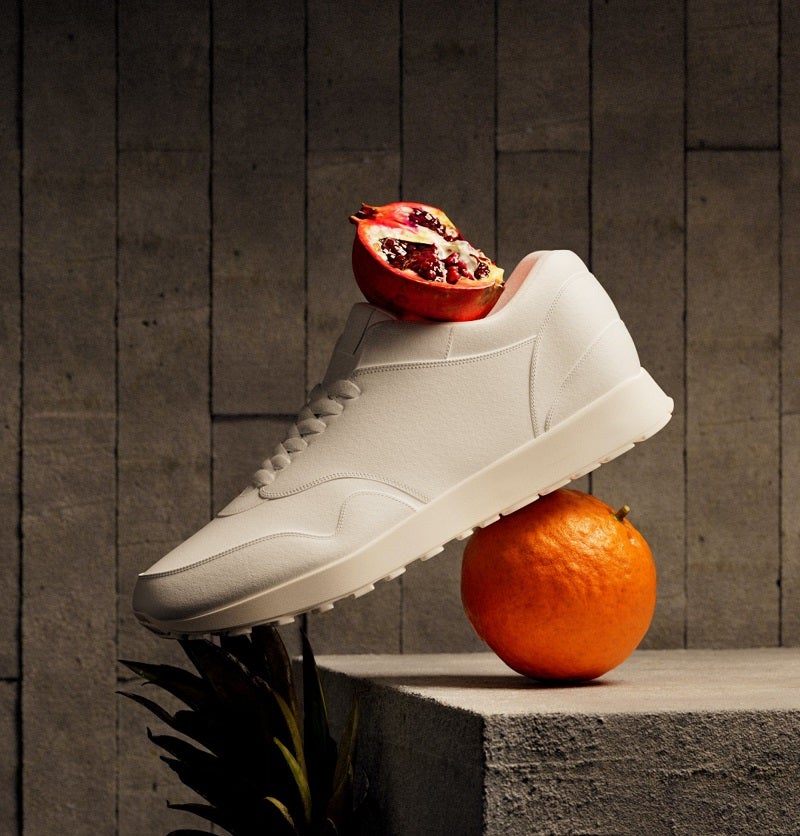
At maximum capacity, Polybion’s solar-powered, industrial-scale bacterial cellulose manufacturing facility, which it claims is a “world-first”, will produce 1.1m sq ft per year of the company’s proprietary biotextile Celium.
Polybion is using the new funds to expand the site in Guanajuato, México, increase research and development efforts, and deploy Celium into consumer goods.
“Scaling the production of Celium, a sustainable alternative to animal-based textiles and petroleum-derived synthetics, is a huge step on Polybion’s mission to bring performance and possibility to 21st-century designers and materials engineers,” says Axel Gómez-Ortigoza, co-founder and CEO of Polybion.
Polybion was founded in 2015 by Gómez-Ortigoza, his brother Alexis, and Bárbara González Rolón. Together, they developed the tools and technology to grow high-performance bio-assembled materials by upcycling agro-industrial food waste and harnessing living organisms such as bacteria. Leveraging waste as raw material and designing, producing, and finishing products under the same roof are the north stars in Polybion’s long-term strategy.
Celium is the first in a series of new biomaterials Polybion plans to create. Produced from cellulose, Celium is an animal-free leather substitute with what Polybion describes as “unique, high-performance characteristics that will ensure it becomes a new gold standard material for fashion, sportswear, and automotive applications.”
Polybion expects to reach the maximum production capacity of Celium per year by the third quarter of 2023 to fulfill the current demand from global brand collaborations.

US Tariffs are shifting - will you react or anticipate?
Don’t let policy changes catch you off guard. Stay proactive with real-time data and expert analysis.
By GlobalData“Polybion’s Celium has resonated with forward-thinking, global consumer brands across multiple sectors,” says Alexis Gómez-Ortigoza, who serves as chief financial officer. “With our expanded manufacturing capabilities, we are enhancing our ability to work with some of the world’s most iconic global consumer brands while reducing carbon emissions and displacing the animal-derived leather value chain. Our goal is to enhance these brands’ ability to accelerate the development of bioassembled products, increase sustainability, and accelerate the path toward the circular economy.”
Leather alternatives made from plant materials have been gaining popularity in recent years, especially with the vegan market. In January, Texon Vogue was certified by The Vegan Society and US start-up MycoWorks secured funding to launch its first full-scale mycelium production plant.


